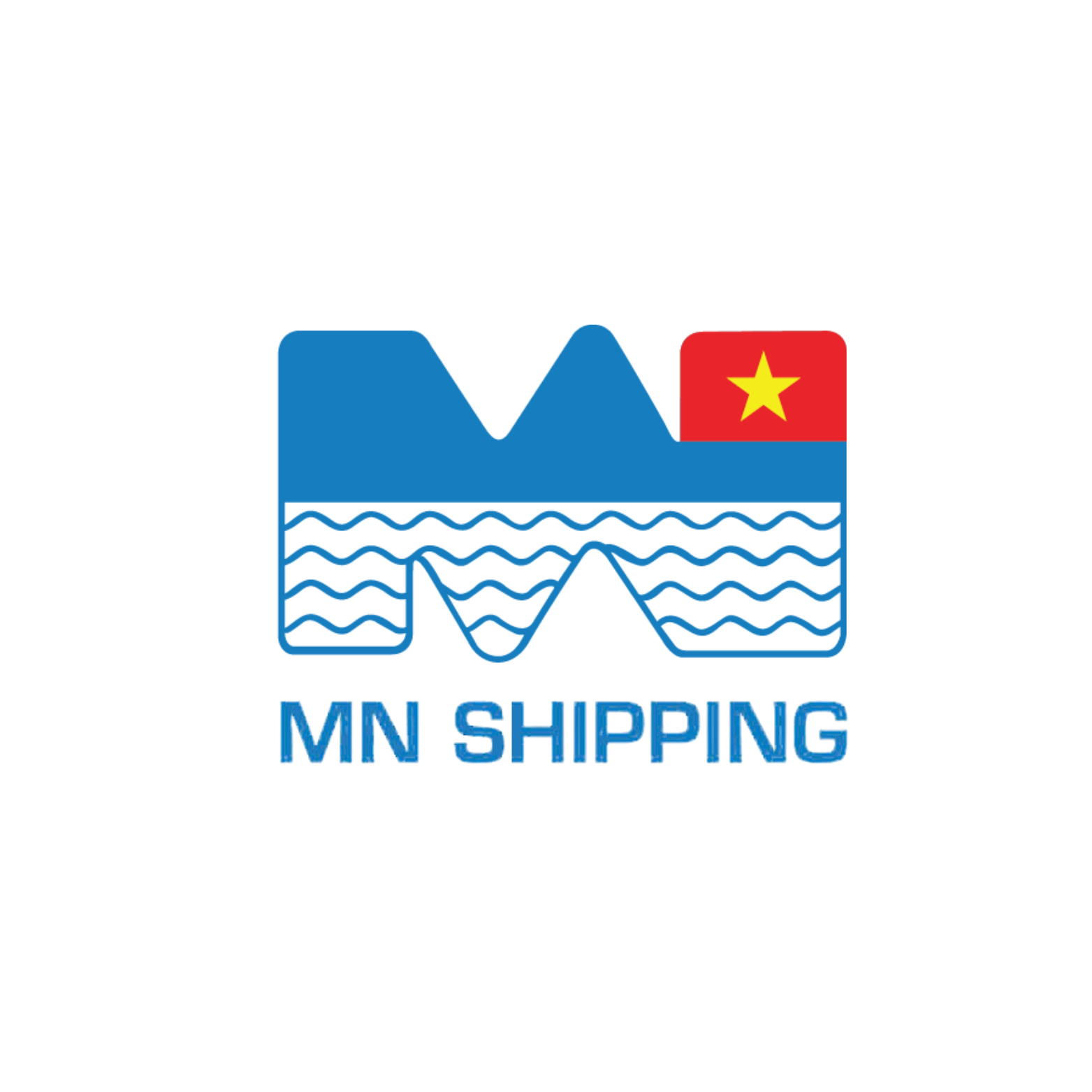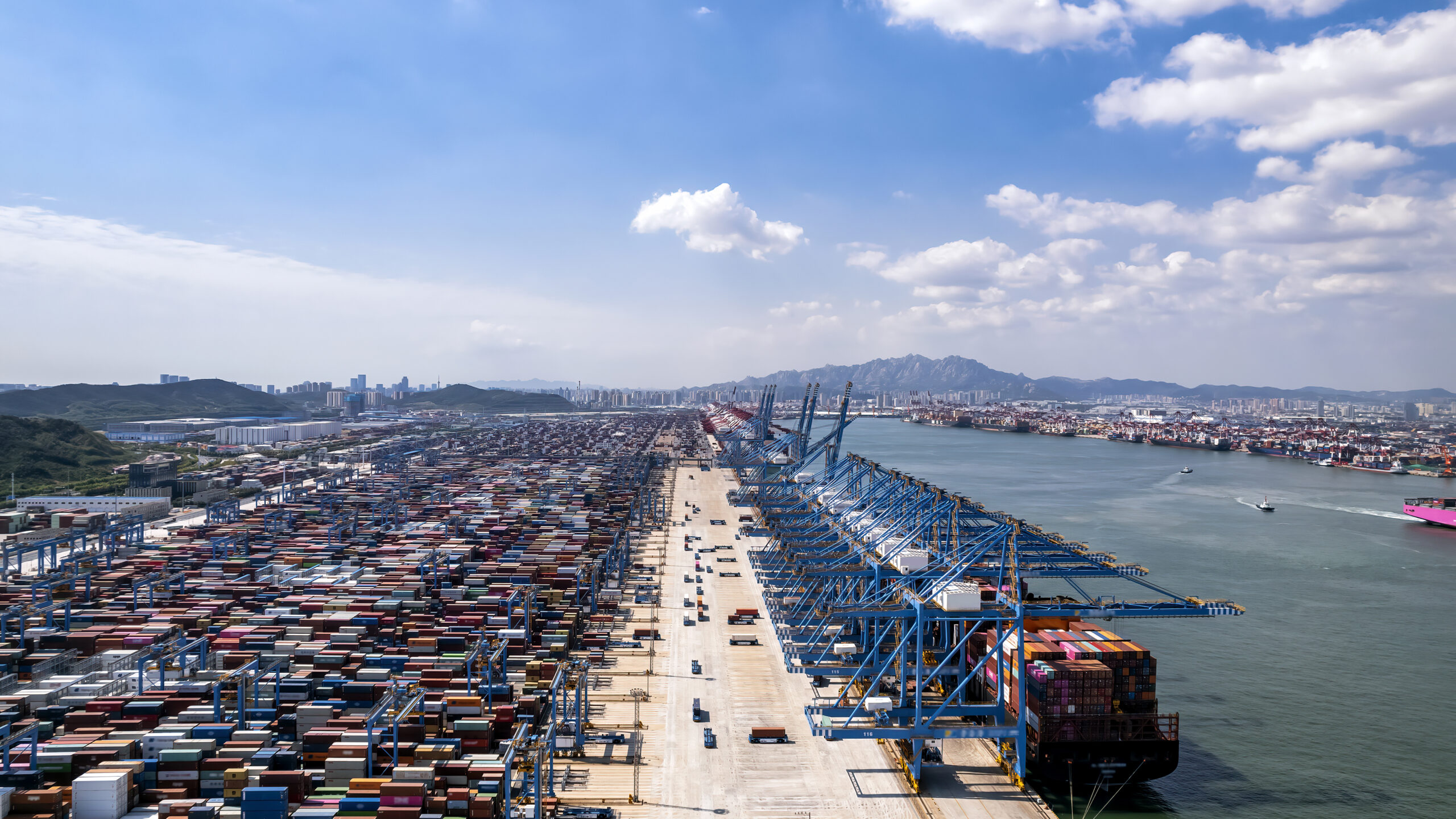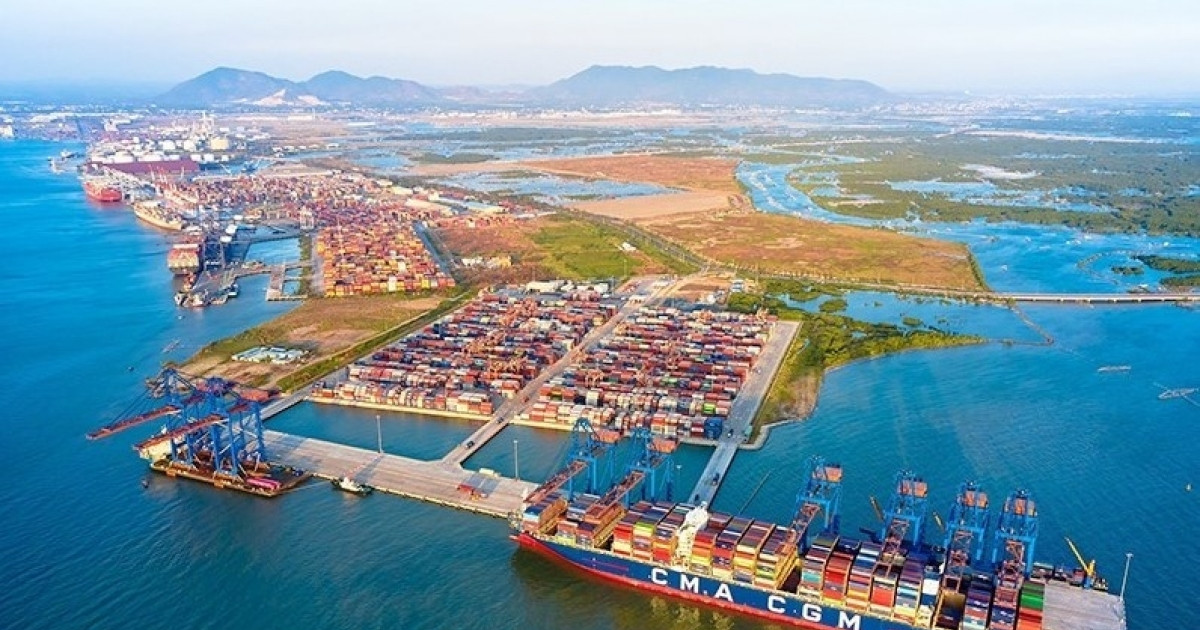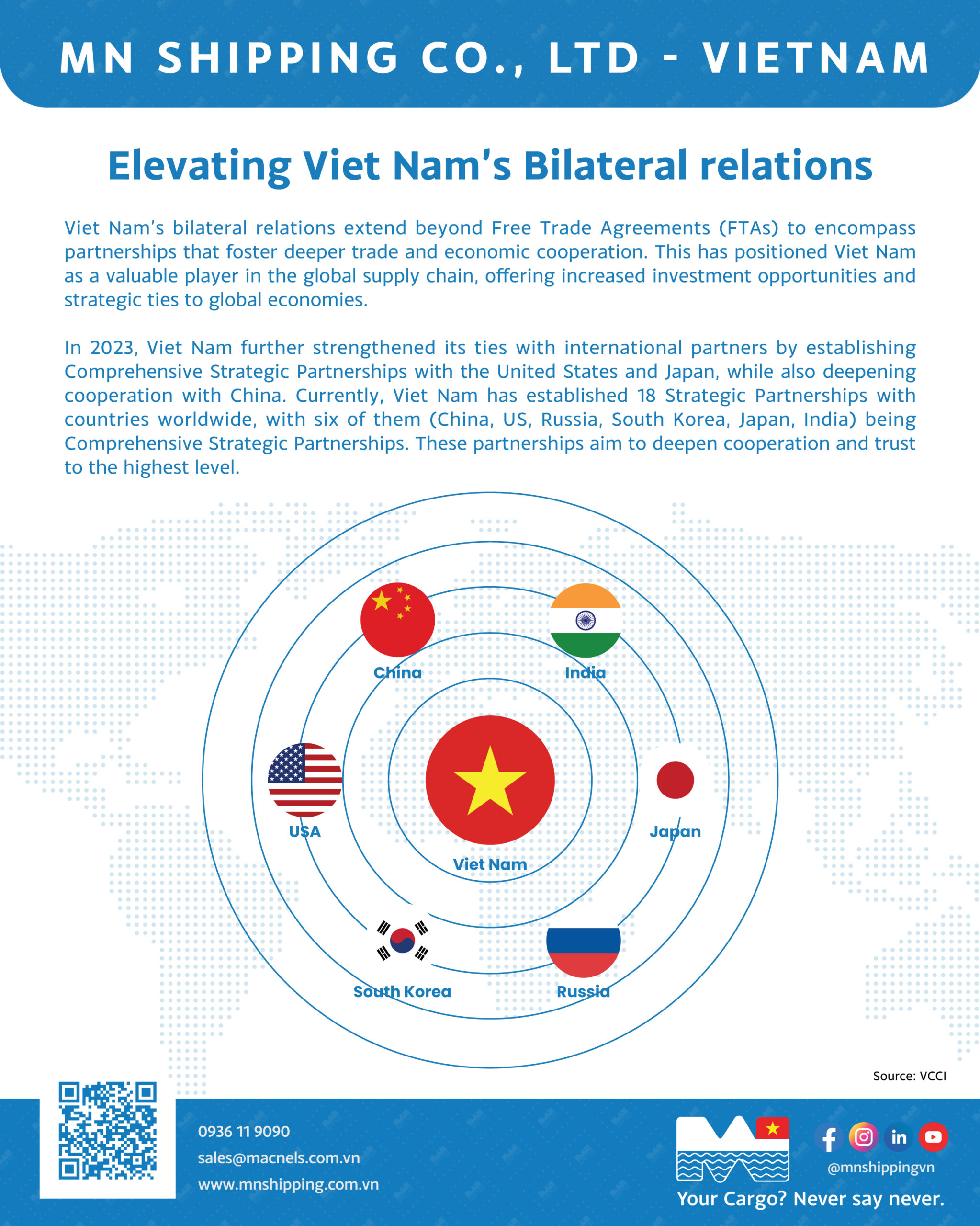The latest EU emissions regulation becomes effective on January 1, 2025, which is less than three weeks away. For ship owners operating in or trading to European waters, its impact will be felt for the next three decades and beyond.
In a DNV webinar on Thursday, Piotr Naruszewicz, the classification society’s Technical Manager, GHG, and Helge Helmundsgaard, Business Development Manager, listed some of the new challenges that owners, ship managers, fuel providers, and charterers will face with FuelEU Maritime.
One significant complication is that unlike the EU Emissions Trading System in which the shipowner is the party responsible for reporting, FuelEU holds responsible a ship manager, its Document of Compliance (DOC) holder.
Ship management contracts will therefore need to be modified and the assignment of financial risk clearly defined in the agreement. Arrangements will have to be made for the shipowner to compensate the DOC holder.
The regulation, which goes much further than the EU Emissions Trading System, is in some ways already in place because it is a feature of new charter contracts agreed and signed for 2025 and beyond, the experts said. One of the most important requirements, they emphasised, is to make sure that sufficient time and attention is paid to ensuring accurate data monitoring, reporting and, above all, verification.
The risk of not focusing on reliable data will potentially generate major legal headaches and massive bills in the future. Training of personnel, sound ship performance data, and robust verification will be essential. The DNV specialists stressed that data consistency is vital.
In one telling slide, Naruszewicz revealed the financial delta in operating a ship between 2025 and 2044 on marine gasoil and paying fuel penalties over the period. He compared this with adopting a proactive FuelEU compliance strategy based on a blend of bio- and standard marine gasoil from the outset. With the consecutive penalty multiplier, the costs would soar to a total of $226 million in the ‘do nothing and pay’ case versus $134 million with the compliance strategy – a difference approaching $100 million.
While ships operating in pools where compliance deficits and surpluses can be offset is an attractive strategy in some shipping sectors, there are significant complications. These include but are not limited to different DOC holders and different verifiers for ships trading in the same pool.
DNV set out the timing requirements following the entry into force of FuelEU:
- The first reporting period will run from January to December 2025;
- Companies must submit FuelEU reports to verifiers by January 31, 2026;
- Verifier records the FuelEU report in the FuelEU Database by March 31, 2026;
- Companies declare banking, borrowing, pooling arrangements in the FuelEU Database by April 30;
- By June 30, verifier issues compliance to DoC holder with no deficit; and issues compliance to DoC holder when penalties have been paid.
In a poll conducted during the webinar, DNV asked those present to decide on the biggest challenges and commercial impact of FuelEU. The two largest concerns were: ‘adjustment of charter contracts and others with stakeholders’ and ‘full understanding of the regulation and its requirements’.
There could be a long way to go.
Source: seatrade-maritime








